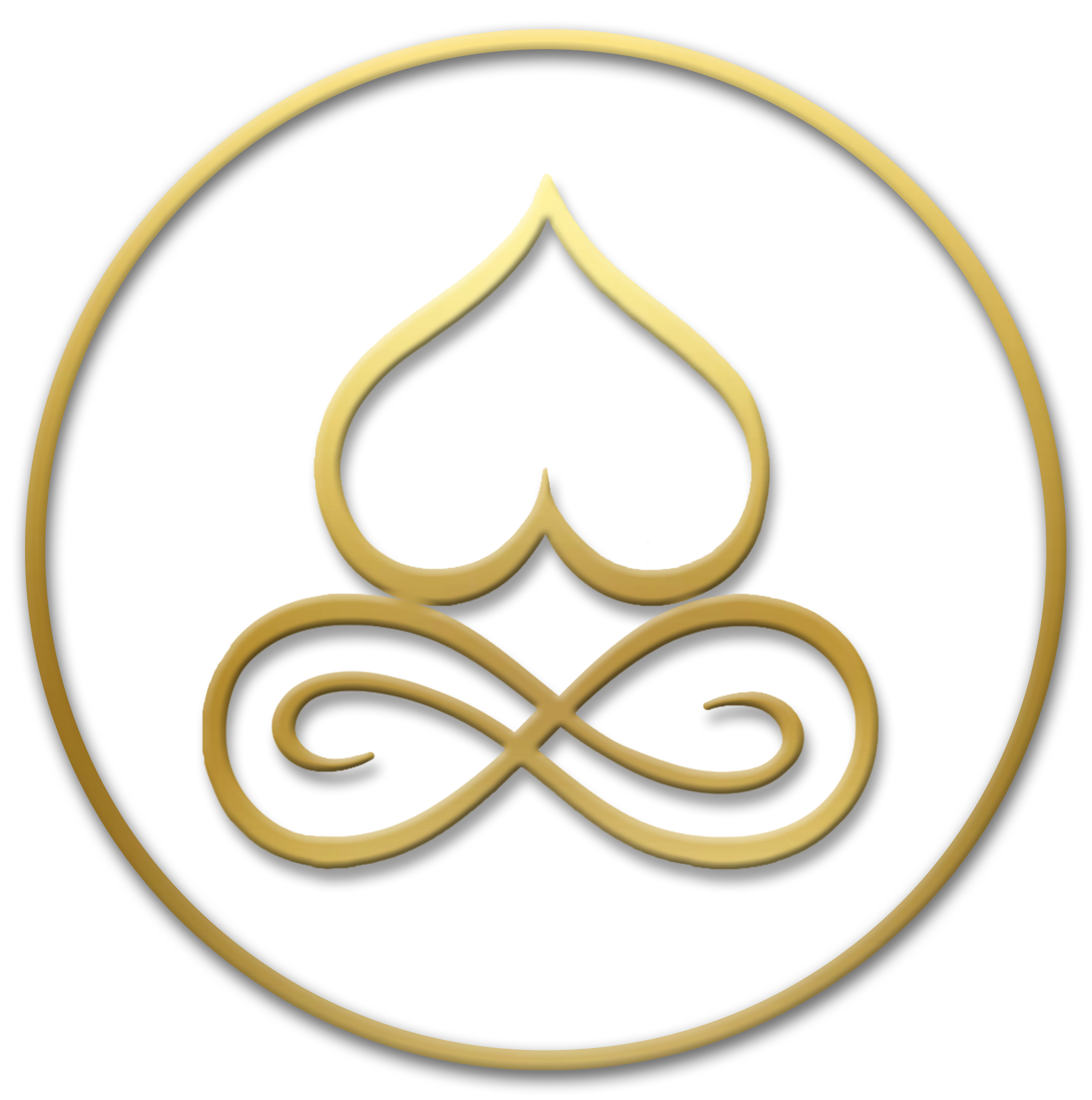
Meditation: An Introduction
Delving deeper into meditation
What comes to your mind when you hear the word “meditation”?
You’re probably thinking of a Buddha-like figure or a group of monks sitting down cross-legged while they close their eyes and exude peace and wisdom from their being. While this is the stereotypical portrayal of meditation, it is much deeper than a simple sitting position.
Meditation is the act of living consciously.
You’d think that by definition we are all meditating all the time considering that we are “conscious,” right? Well, not exactly. You see, if you start to analyze your life second to second, from the moment you begin your day to the moment you drift away to sleep, you will realize the number of times your mind is not present in the moment.
You may be brushing your teeth and thinking about that dreadful task you have to do later. You may be driving in your car and thinking about a certain conversation that left you unsettled. You may even be reading this right now while your mind is wondering about the future, the past, the celebrity gossip you heard, a tv show…the list goes on and on! And when you take a step back and truly observe yourself as you go about your day, you’ll be shocked to realize that you have been living in a deep state of hypnosis induced by your own mind. You have been living on auto-pilot.
But why would our mind self-sabotage us?
Because we have neglected it our whole lives. Think of your mind as a dog. If you get a puppy and fail to train and nourish it properly, it will grow to be wild and untamed. You cannot expect it to learn on its own without guidance or habits. The same goes for our minds. If we have grown without awareness of our thoughts, we have probably suffered from the torments of negativity without knowing why. Life tends to be frustrating when we live unconsciously. We are constantly being bombarded by unwanted thoughts because we have no awareness to shield us from the world.
We have low-self esteem for “no reason,” yet we scroll through Instagram for hours while comparing ourselves to others. We have “unexplained” nightmares, yet we’ve been hooked on a show that promotes violent behavior. We have all these “sudden” bursts of emotions that we believe to be random because we are unaware of the many causes influencing our subconscious.
We are asleep.
“Stay woke,” they say. But truly. We must stay awake if we want to escape our suffering. And being awake doesn’t mean that we have more information on mindfulness than others, and it certainly does not create a hierarchy of superiority. True awakening requires us to fully exercise consciousness. And true consciousness requires our mind, body, and soul to be fully present in the moment in which we are living— without the filters of the ego, the subconscious, and all the conditioning that we have acquired throughout our journey.
To be conscious is easier said than done, but we cannot expect to get rid of all the years of conditioning in one day. We must apply habits of self-development into our lives. We must live every moment with purpose. We must honor ourselves through our choices. We cannot tame the mind if we don’t begin to observe it and become aware of it. This is why we practice exercises of meditation; to strengthen our ever fleeting concentration.
We can either stay sleeping in the comfort of our suffering or awaken and fight for our consciousness. Every moment we are faced with a choice: to control the mind or give away our power to it. It all comes down to one question: how badly do you want to be free?



